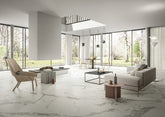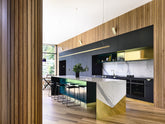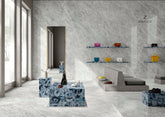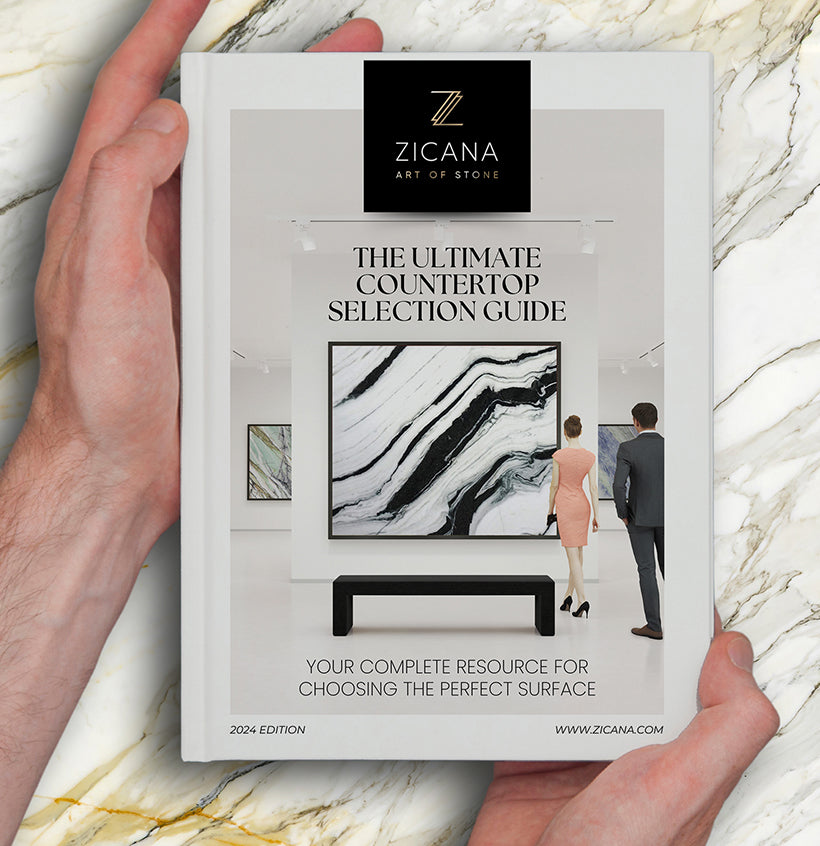Are Porcelain Slabs Porous? Everything Homeowners and Pros Should Know
When selecting the perfect surface for your kitchen countertop, bathroom vanity, or wall cladding, understanding the composition and performance of materials is essential. A common question we hear from both homeowners and design professionals alike is: Are porcelain slabs porous? The answer is not only crucial for choosing the right product but also for long-term maintenance and hygiene. In this comprehensive guide from Zicana Boutique, we break down everything you need to know about porcelain slab porosity and how this stunning surface stacks up against natural stone and other engineered materials.
Understanding Porosity in Surfaces
Before diving into porcelain specifically, let’s define what porosity means. A material is considered porous if it has tiny holes or pores that can absorb liquids or gases. In the world of surfacing, this directly impacts stain resistance, moisture absorption, and longevity. Natural stones like marble, limestone, and travertine are considered porous to varying degrees and often require sealing to protect against staining and etching.
Are Porcelain Slabs Porous by Nature?
No, porcelain slabs are not porous. In fact, this is one of the primary reasons why architects, designers, and contractors increasingly turn to porcelain for both residential and commercial applications. Made from refined clay and fired at extremely high temperatures—often over 2,200°F—porcelain becomes a non-porous, highly compact material with near-zero water absorption (<0.5% according to ISO standards).
This means that unlike many natural stones which require routine sealing, porcelain slabs are inherently resistant to:
- Stains and spills
- Mold and mildew
- Acids and chemical cleaners
- Bacterial absorption
Whether you’re outfitting a high-traffic kitchen or a chic spa-like bathroom retreat, porcelain’s non-porous nature offers both peace of mind and minimal upkeep.
Why Non-Porosity Matters for Performance
The benefits of porcelain's impermeability go far beyond stain resistance. For busy families or commercial spaces, not having to worry about red wine, turmeric, or coffee permanently staining counters or walls is a game-changer. And because bacteria and moisture can’t seep into the surface, porcelain is also a top choice for hygienic, low-maintenance design.
Additionally, many of Zicana Boutique’s porcelain slabs mimic the luxurious aesthetics of marble or travertine but with a modern edge. That means you can enjoy the timeless elegance of natural textures—without the traditional care concerns associated with porous stones.
Enhance your space with pieces from our Raphael Porcelain Collection or opt for cutting-edge innovation found in the Fiandre Collection.
Porcelain vs. Natural Stone: A Quick Comparison
Here’s how porcelain compares with some popular natural stones available at Zicana Boutique:
- Marble: Elegant and classic, but more porous and prone to etching. See our exquisite Marble Slabs Collection.
- Granite: Less porous than marble, more durable, but still benefits from sealing. Browse our Granite Slabs Collection.
- Quartzite: Naturally dense and durable, but typically more expensive. Discover stunning styles in our Quartzite Slabs Collection.
- Porcelain: Engineered for durability with zero porosity. Minimal maintenance, consistent color, and UV resistance.
Each stone has its unique strengths, but for projects where porosity and maintenance are concerns, porcelain consistently delivers excellence.
Perfect for Custom Applications
Thanks to its non-porous structure and adaptability, porcelain performs beautifully in bespoke installations. Whether you are crafting a bold waterfall island, a minimalist shower wall, or a modern fireplace surround, our Made-to-Measure Custom Countertops service ensures a flawless fit and finish.
Additionally, versatile sizing and thickness options allow for seamless integration into whole-home designs, including Kitchen Decor, Bathroom Spaces, and more.
Explore our Exclusive Offers Collection and be inspired by elegant, high-performance surfaces created with discerning clients in mind.
FAQs About Porcelain Slab Porosity
Is porcelain more stain-resistant than quartz?
Yes. While quartz is engineered to be non-porous, certain resins can be vulnerable to discoloration. Porcelain’s extremely dense surface makes it even more resistant to staining, including from harsh chemicals and acidic substances.
Do porcelain slabs require sealing?
No. One of the main benefits of porcelain is that it does not need to be sealed—ever. Unlike porous natural stones, its surface naturally resists water, oils, and stains without any topical treatments.
Can porcelain be used outdoors?
Absolutely. Its non-porous nature, UV resistance, and freeze-thaw tolerance make porcelain ideal for outdoor kitchens, patios, and facades. It won’t fade, warp, or absorb moisture even in extreme weather conditions.
How do I clean porcelain surfaces?
A soft cloth and a mild detergent are typically all you need. Because the surface is non-porous and anti-microbial, there’s less need for intensive scrubbing or disinfectants.
Final Thoughts: Excellence is in the Details
When choosing a surfacing material, porosity should always be part of the conversation. And with porcelain’s non-porous profile, you gain resilience, beauty, and ease without compromise. At Zicana Boutique, we are proud to offer a refined range of porcelain options perfect for both statement-making designs and everyday elegance.
Explore the full range of possibilities with our hand-selected Porcelain Slabs Collection. And don’t forget—we’re offering a limited-time welcome gift: Use Promo Code WELCOME100 for $100 off any order over $1,000.
Elevate your design journey with surfaces that are as technically advanced as they are aesthetically captivating. Contact our expert concierge team today for personalized guidance.




















